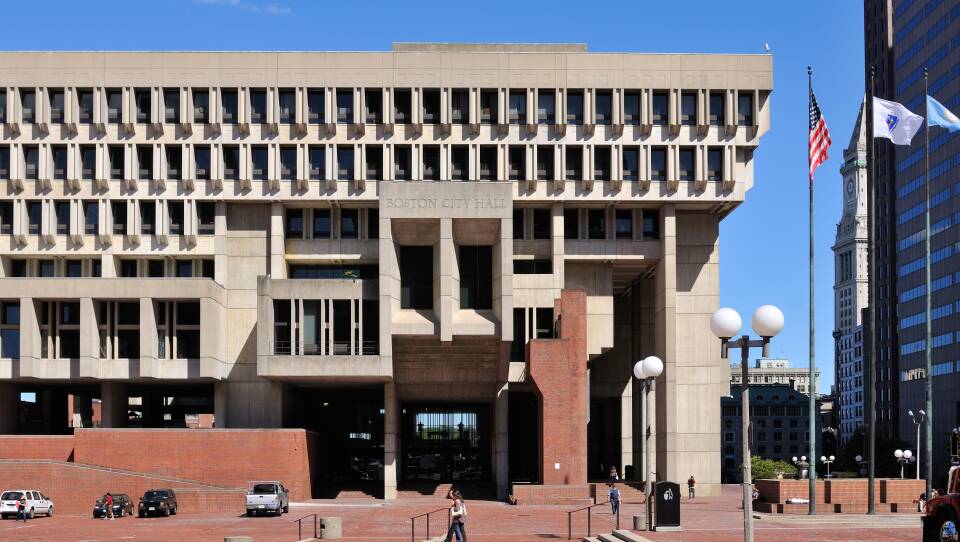With less than a day left in Boston’s fiscal year, Acting Mayor Kim Janey and City Council are still locked in a dispute over Janey’s revised $3.76 billion operating budget and the separate $1.3 billion allocated for the city’s public schools.
If that $5 billion-plus disagreement is not settled before midnight Wednesday, City Hall and Boston Public Schools will automatically go into a rare emergency funding mode that has not been triggered in recent memory. Under those rules spending would be apportioned on a monthly basis pegged to last year’s budget.
Last week, nearly all of the council’s 12 members implied they would reject Janey’s spending plan unless it funded specific priorities, such as buying housing properties to keep them out of the hands of commercial developers.
At issue are millions in federal COVID-19 relief funds and where they are spent.
Janey’s administration has budgeted some of the dollars received this year for plugging a gap in the city’s operating budget and assisting with COVID recovery, but members of the City Council want more of that federal money immediately put toward programs they favor.
Some councilors additionally want more of the money spent on green jobs and resolving the problems that arise from the influx of the homeless and those suffering from addiction who congregate in the vicinity of Massassachusetts Avenue and Melnea Cass Boulevard, known as Mass & Cass.
The standoff, where councilors leverage budget votes in an effort to secure more funding for their own priorities, creates a potentially precarious position for Janey, who is simultaneously auditioning and campaigning for the mayor’s job.
Tuesday afternoon, the council received word that Janey’s administration is willing to file a rare, special appropriation to fund the council’s priorities up to $18.5 million — slightly less than a third of the ballpark $58 million the council has publicly expressed a desire for through a memo from Council Budget Chair Kenzie Bok.
The administration’s proposal was met with disappointment during a last-minute working session, particularly on the money directed towards the city’s housing property acquisition program known as AOP.
“Ten million dollars won’t go very far,” said Allston-Brighton councilor Liz Breadon.
Bok said the property acquisition funding is probably the line item where the council “is the furthest” from the administration.
Adding another layer of complexity to the debate are potentially competing requests from progressive groups. Immigrant services advocates, for example, want Janey’s budget passed because it contains an almost $600,000 increase for new program for young immigrants known as “Dreamers” and new funding for adult English language classes. Police reform advocates, on the other hand, are calling for a “no” vote to force changes to the Boston Police Department’s allocation.
During one of the last-minute budget hearings Monday afternoon, dozens of public commenters said they want to see the police budget reduced by 30 percent ($120 million of $400 million) and for the two scheduled BPD recruitment classes to be paused until next year.
Bok said on Friday that reaching an agreement on police funding will be difficult.
The BPS budget, which is separate from the City Hall operating budget, will also come up for a Wednesday vote. City Hall sources say it too may be rejected over exam school admission policy — a contentious but non-budgetary issue — and spending accountability.
If that happens, BPS funding will revert to a monthly appropriation of one-twelfth of last year’s budget, and a number of newly funded school support positions will be lost until a new budget is passed.
City Councilors Andrea Campbell and Michelle Wu, both candidates for mayor, said little during the working session, though Campbell has already indicated her intention to vote against Janey’s budget.
Councilor Annissa Essaibi George, the other councilor running for mayor, was not present during Tuesday’s working session, but has publicly inquired about the potential consequences of councilors rejecting the budget Wednesday when the fiscal year ends.
The operating and schools budgets each need 7 “yes” votes in order to pass and avoid emergency interim funding situations.







